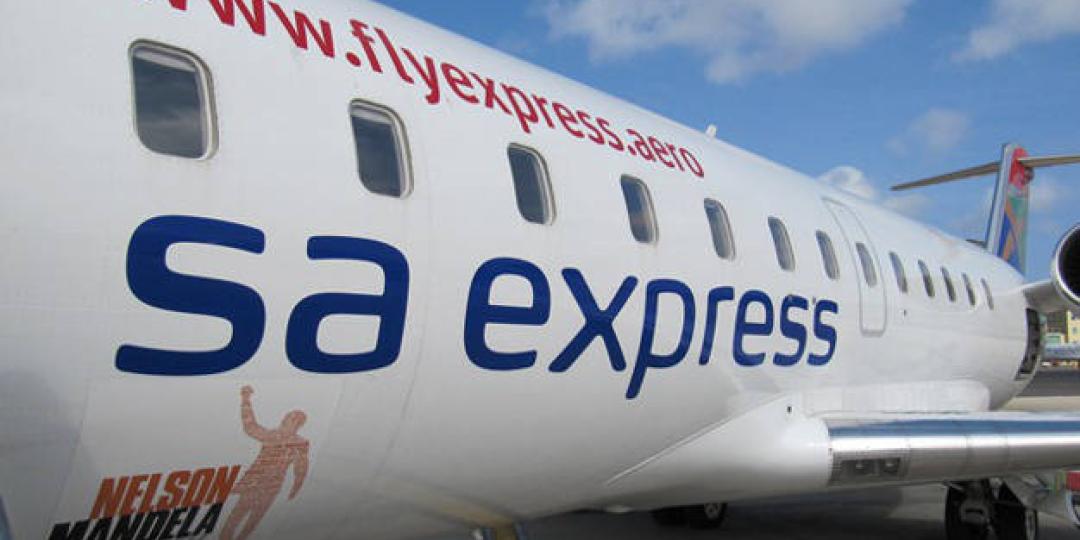It remains a mystery why SA Express (SAX) still exists and why the South African Civil Aviation Authority (SACAA) has reinstated its air operator certificate (AOC).
While the airline may resume its operations, it has managed to obtain airworthiness certificates for only two of its aircraft; nine of its twenty-nine aircraft were grounded after an SACAA audit in May. SAX is a subsidiary of South African Airways – an entity that is R21 billion in debt and which South Africans are consistently asked to bail out.
What is the knock-on effect of SAX’s troubles on SAA, and, in turn, on SA taxpayers? Instead of plastering a band-aid over a gaping wound that is SAX, it should be permanently grounded and the private sector allowed to take over.
SA Airlink, to use but one example, stepped in admirably to take care of passengers who were left stranded when SAX was grounded in May. Airlink and other private airlines saw that there was a gap for them to gain more customers. They acted as businesses should – with the aim to make a profit – acknowledging that because they are accountable to their customers, they need to provide the best service possible. If they fail, they lose out and their competitors gain from their mistakes.
When state-owned entities (SOEs) such as SAX, SAA and Eskom fail, they go cap-in-hand to parliament and ask for bailouts. But the state does not produce wealth – its only ‘wealth’ comes in the form of taxes garnered from ordinary South Africans. When state-owned entities need funding, therefore, taxpayers have to fork out more money. SAX is just another drain on the beleaguered taxpayer whose money is already losing worth thanks to the inflation-causing socialist policies of government.
The National Union of Metalworkers of South Africa (Numsa) rightly expressed their concern over the issues raised by SACAA; the trade union pointed out that 1 100 jobs were at risk if the airline did not adequately address and resolve the issues. Numsa should join the push to close down SAX so that the pilots, flight attendants, support staff, ground crew, and factory workers can leave the failing entity and move to private airlines where they will enjoy greater job security because of the incentive to ensure that aircraft are maintained, service is improved, and its offering widened to attract and retain customers.
According to recent article on Eyewitness News, SAX has lost 10% of its staff over the past year. About 40 pilots and technicians left as there seemed to be zero incentive to remain there as the evidence in front of them indicated SAX would not be around for much longer. Its revenue continues to dwindle; every bailout from government only allows it to survive a little longer in an attempt to get back to parity regarding its finances, let alone making any sort of profit. When financial statements are produced by any state-owned entity, be it SAX, SAA, or Eskom, what reason do we have to believe them, given all of the failures and bailouts that have occurred throughout their checkered history?
What benefit can be served by trying to get SAX back in the air? None! We will have to shell out more and more of our hard-earned money just to keep it barely functional. In return for our taxes, we get nothing in return. In a trade, if a party gains no value from trading with one, he will seek out another better option the next time. As things stand, we do not have a choice as to whether our taxes are used to help a failing state-owned airline. With the growing pressure on the taxpayer, and the growing cost of food and fuel, Minister Pravin Gordhan must do the moral thing and close down SAX; its employees can find better jobs with private airlines, and a little of the pressure on hard-working, tax-paying South Africans will be eased.









